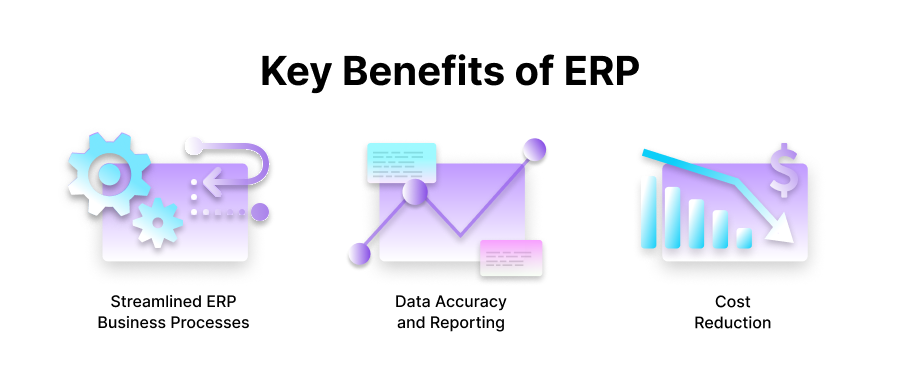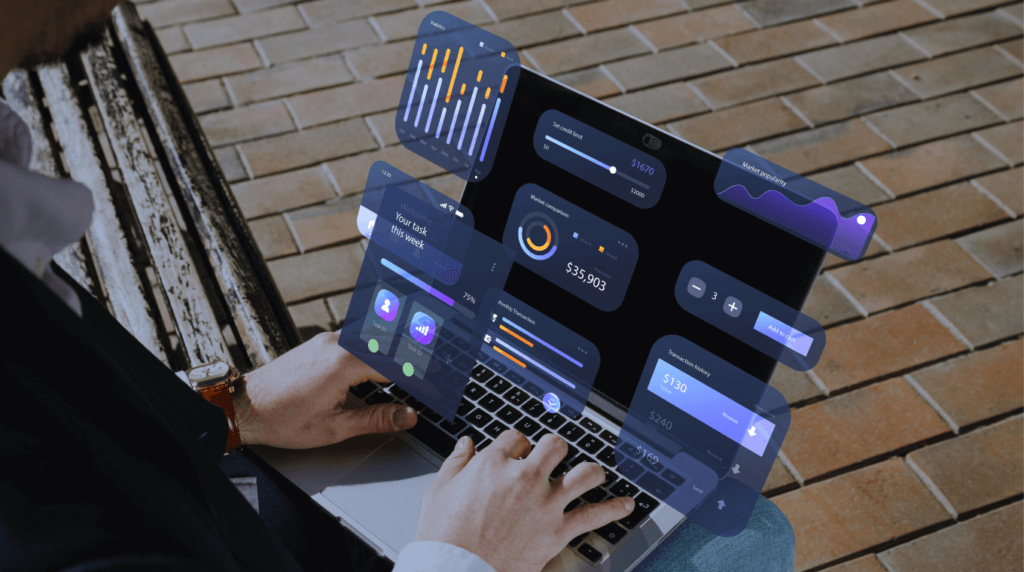Understanding the differences between Customer Relationship Management (CRM) and Enterprise Resource Planning (ERP) systems is vital for optimizing operational performance.
Both CRM and ERP play pivotal roles. However, their awareness, functionalities, and applications range significantly.
Let’s delve into the center features and advantages of ERP and CRM solutions, discover their differences, and provide insights into why businesses should recall implementing every device.
Understanding CRM
Core Functionalities of CRM
CRM systems are designed to streamline and enhance purchaser interactions. They centralize patron data, automate income procedures, and facilitate personalized communication.
CRM empowers groups to build lasting customer relationships with features like contact management, lead tracking, and consumer engagement analytics.
Key Benefits of CRM
- Improved Customer Relationships: CRM enables companies to apprehend and cater to the wishes of character clients, fostering more significant relationships.
- Enhanced Sales Efficiency: Automating income tactics and accurate statistics tracking results in accelerated efficiency in income workflows.
- Effective Marketing Campaigns: CRM structures provide insights into customer conduct, allowing for centered and personalized advertising and marketing campaigns.
Useful link: Odoo CRM mobile app (Android and iOS version)
Understanding ERP
Core Functionalities of ERP
Unlike CRM, ERP structures focus on the holistic management of commercial enterprise strategies.
They combine diverse departments and features into a unified machine, streamlining operations and enhancing collaboration.
ERP modules regularly include finance, human resources, inventory control, delivery chain optimization, and CRM.
Key Benefits of ERP
- Streamlined ERP Business Processes: ERP eliminates silos by integrating disparate functions, resulting in seamless communication and efficient workflows.
- Data Accuracy and Reporting: ERP systems provide real-time, correct statistics, empowering selection-makers with strategic planning insights.
- Cost Reduction: ERP systems contribute to fee discounts and improve universal economic overall performance by optimizing procedures and resource allocation.

The Distinctions Between ERP and CRM Systems
Focus and Scope
While CRM solutions center around client interactions and dating control, ERP solutions have a broader scope, encompassing enterprise tactics from finance to production.
Functionality
CRM solutions specialize in income, advertising, marketing, and customer service, while ERP integrates diverse capabilities like finance, human resources, and delivery chain control.
Integration
CRM systems can feature as standalone solutions, even as ERP requires integration across departments for top-rated overall performance.
Data Usage
CRM, on the whole, uses customer statistics for dating management, while ERP uses data for comprehensive enterprise planning and decision-making.
Note: It’s vital to recognize that CRM can be an aspect of an ERP system, addressing particular customer-centric wishes.
When to Use CRM vs. ERP
Business Scenarios Suitable for CRM
- Small to Medium Enterprises: CRM is functional for smaller organizations trying to decorate client interactions without wanting good-sized technique integration.
- Sales and Marketing-Focused Operations: Companies with a number one focus on sales and marketing, can leverage CRM to streamline these particular procedures.
Business Scenarios Suitable for ERP
- Small, Medium and Large Enterprises: ERP systems are well-acceptable for large organizations with complicated operational systems and diverse functional requirements.
- Integrated ERP Business Processes: ERP solutions will become integral when an enterprise requires comprehensive integration throughout departments.
- Considerations for ERP Implementation: Company length, operational complexity, and the need for go-functional collaboration are vital metrics.
Frequently Asked Questions
Can I go together with any CRM after migrating to an ERP?
While CRM can be a stepping stone, an unbroken transition to ERP requires cautious planning and consideration of enterprise desires.
Can I force a CRM without the need for a programmer/seller? What about ERP?
CRM implementation is often user-friendly. However, ERP may additionally require specialized vendors for correct integration and customization.
Conclusion
Understanding the differences between ERP and CRM systems is pivotal for agencies seeking to optimize their operations.
Both systems offer particular blessings, and the choice to put CRM, ERP, or a combination thereof in force depends on the precise needs and scale of the commercial enterprise.
By aligning generation answers with organizational dreams, corporations can navigate the complexities of modern-day control and propel themselves toward sustained fulfillment.
Thinking about Odoo ERP or CRM?
Recommended articles:
- 10 most common questions to the official Odoo partner
- Total costs of ownership (TCO) for any ERP system
Photo by Freepik
